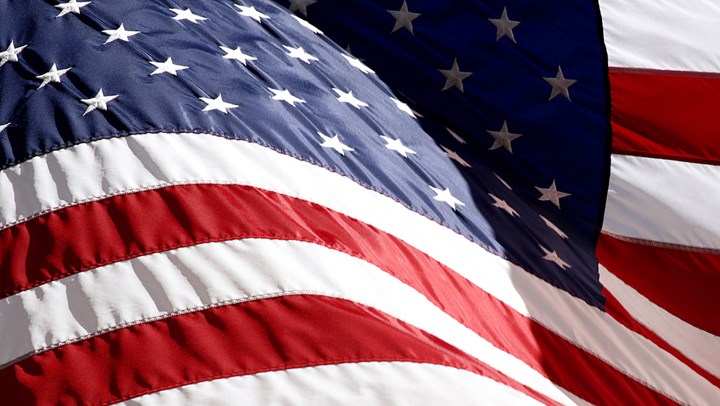
by Phil Phillips - Monday, September 11, 2017

September 11, 2001—the date that stopped time and forever changed America as 19 terrorists tied to the Islamic extremist group al-Qaeda hijacked four U.S. airplanes to commit suicide attacks against our country. I think all Americans remember exactly where they were as the first two planes flew into the twin towers of the World Trade Center in New York City. Then a third plane hit the Pentagon in Arlington, Va., and a fourth crashed in a field in Shanksville, Pa., never reaching its intended target of the White House or the U.S. Capitol, thanks to the bravery of the flight crew and passengers who fought back. The date marks the worst terrorist attack in U.S. history and spurred major U.S. initiatives to combat terrorism.
Sixteen years later, we pause to remember the nearly 3,000 people who were killed that day. Like many other hunters, I was bowhunting in Stonewall, Colo., staying with friends in a rental house at the base of a mountain. I was the first to return to camp after the morning hunt, flipped on the TV and, along with the rest of America, could not believe what I was seeing. As my hunting partners returned, it took me a while to convince them of what had happened. I later realized how fortunate I was to be hunting in my home state in a place I had driven to while so many friends like Mark Keefe, editor-in-chief of NRA's American Rifleman, had flown to hunting destinations and other outdoor events and were stranded. They were the first to realize just how much airline travel had instantly changed as we collectively faced the shock of it all while coming back into cell and email service.
Post 9/11, we sportsmen have become accustomed to experiencing problems at airport counters when trying to check in our guns or even archery equipment. Some airline reps don’t know the rules for traveling with firearms while others clearly have no knowledge of firearms or ammo. So we grin and bear it. Apparently even the late U.S. Supreme Court Justice Antonin Scalia experienced airport travel delays. He reportedly once asked the federal marshal who was assigned to accompany him to a hunt if she could please do something to speed up the TSA screening process. She smiled and said, “Sir, if you can’t do anything about this, then I certainly can’t.”
"I recall the terror of that day but also our strength and resilience as we rose to embrace the promise of hope in the days that followed."So as we go through the check-in process, politely educating the airline reps and security officials as needed, we must recognize that things can always be worse. Remember the story of retired Brigadier General, Medal of Honor recipient and former NRA President Joe Foss, who in January 2002 at age 86, was detained by security at the Phoenix Sky Harbor International Airport while trying to fly to Virginia for an NRA meeting. As reported by numerous sources, the Marine Corps aviator, also a two-time governor of South Dakota and the first commissioner of the American Football League, was pulled aside for carrying three items: the star-shaped Medal of Honor (MOH) he received from President Franklin D. Roosevelt in 1943 for shooting down 26 enemy planes in the Pacific; a small commemorative nail file with MOH insignia; and a dummy bullet with a hole drilled through the casing for attaching to a key chain. After being questioned for 45 minutes, Foss was permitted to keep his medal but the dummy bullet was considered “ammunition” and had to be mailed home with the nail file, which was forbidden under the new security rules. While he was not bitter about being detained, understanding the need for increased security measures, he struggled over the fact that some U.S. citizens had no clue what a Medal of Honor was.
"I wasn't upset for me,” he said. “I was upset for the Medal of Honor, that they just didn't know what it even was. It represents all of the guys who lost their lives—the guys who never came back. Everyone who put their lives on the line for their country. You're supposed to know what the Medal of Honor is.” The incident started a national debate over post-9/11 airport security measures and their impact on the average citizen.
But while air travel is not easy today, we persevere because we still get to live in the land of the free. To those in this country who protest the American flag—or, in light of tonight being the first Monday night game of the NFL football season when a few professional athletes have been known to take a knee during our national anthem—I must say: I hope we don’t see you taking a knee on 9/11.
On this 9/11, I’m doing what I did 16 years ago. I’m heading for a mountain where I will reflect on the emotion and impact of the event that forever changed America. I recall the terror of that day but also our strength and resilience as we rose to embrace the promise of hope in the days that followed. We know that life goes on, and we are blessed to say that so does our freedom—because as hunters and NRA members we protect it. But we will never forget.
E-mail your comments/questions about this site to:
[email protected]
